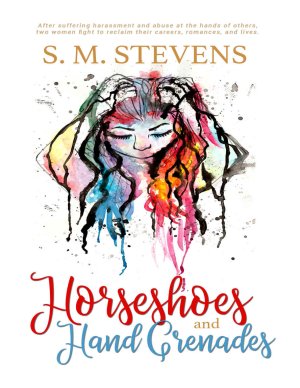I first read Kit Reed’s Revision (probably) four years ago. It was one of the first books I read when I decided to spend the rest of my life writing. I dogeared two pages.
I finished my second read about a week ago (as I write this). The book is a mess of dogeared pages.
It’s amazing how much more Kit Reed put into this book in four years, don’t you think?
Extra Effort Closes the Distance between You and Your Audience.
The entirety of the book comes down to Reed’s Rule Six: Extra Effort Closes the Distance between You and Your Audience.
Whenever you come to a moment of hesitation, unsurety, confusion, skimming, general off-ness, stop, figure out what’s not working, and fix it.
And Reed also provides a caution; Recognize when it’s done and let it go. There’s lots of examples of recognizing when something’s let-goable and when something isn’t. The one that hit me smack between the eyes is “Whenever you come to a moment of hesitation, unsurety, confusion, skimming, general off-ness, stop, figure out what’s not working, and fix it.”
I am training myself to do that. Too many times I’d read something and need to reread it, figure it out on the second take and decide it was okay.
NO, IT WASN’T!
Reed also offers several question lists to help you in your own revising. Early in the book Reed poses twelve questions so you can learn if you’re open to revision. Don’t know about others, I found it revealing (especially when invoking Reed’s suggestion to be strict (unforgiving) with your answers).
Another duh! list early in the book (pg 39) deals with determining if your work (and others, too, if you’re in a critique group) is ready to go out. Reed suggests writers/authors/writer-wannabes read for:
- Truth in action
- Accessibility
- Completeness
- Time scheme
- Point of view
- Length (with an eye to possible cutting)
- Organization
- And, once again, balance of showing versus telling. (Reed’s words, this, not mine)
Unsure what some of those mean? Read the book.
Greetings! I’m your friendly, neighborhood Threshold Guardian. This is a protected post. Protected posts in the My Work, Marketing, and StoryCrafting categories require a subscription (starting at 1$US/month) to access. Protected posts outside those categories require a General (free) membership.
Members and Subscribers can LogIn. Non members can join. Non-protected posts (there are several) are available to everyone.
Want to learn more about why I use a subscription model? Read More ch-ch-ch-ch-Changes Enjoy!

